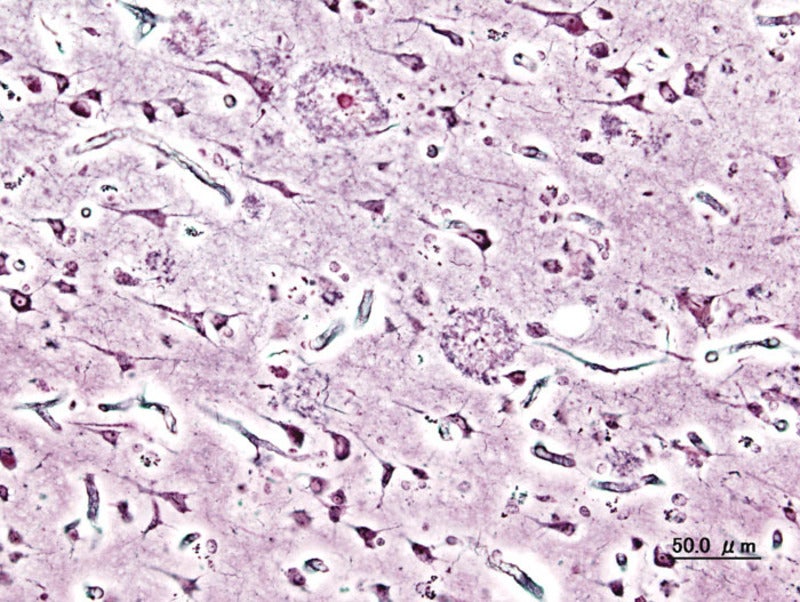
Actinogen Medical has enrolled the final patient into its Phase II clinical trial to evaluate the safety, tolerability and efficacy of xanamem for the treatment of patients with mild Alzheimer’s disease.
The XanADu clinical study will compare xanamem to placebo in patients with mild dementia due to Alzheimer’s disease.

Discover B2B Marketing That Performs
Combine business intelligence and editorial excellence to reach engaged professionals across 36 leading media platforms.
It has enrolled a total of 186 subjects and will follow a randomised, double-blind, 12-week format.
Patients have been registered from 25 research sites across Australia, the UK and the US.
Actinogen Medical CEO Dr Bill Ketelbey said: “Enrolment of the final patient into XanADu represents a major milestone for Actinogen, as we now have certainty on the timeline to completion of the trial and to the reporting out of the results.
“We eagerly await the trial outcomes as they may represent a significant step forward in developing an effective new treatment approach for patients with mild Alzheimer’s disease, and could make a substantial impact in the future treatment of this devastating disease.”

US Tariffs are shifting - will you react or anticipate?
Don’t let policy changes catch you off guard. Stay proactive with real-time data and expert analysis.
By GlobalDataThe trial will last for four months, consisting of three months of treatment with xanamem or placebo followed by a one-month off-treatment observation period.
Data from the study will then be collated, reviewed, quality controlled, and analysed.
Results are expected to be reported during the second quarter of next year.
Ketelbey further added: “I’d like to thank all patients who participated in this trial, their families and carers, and all the trial sites around the world.
“Their commitment to medical research and to extending our understanding of cognitive impairment and Alzheimer’s disease benefits society as a whole and could help uncover important new drugs to treat these diseases.”





